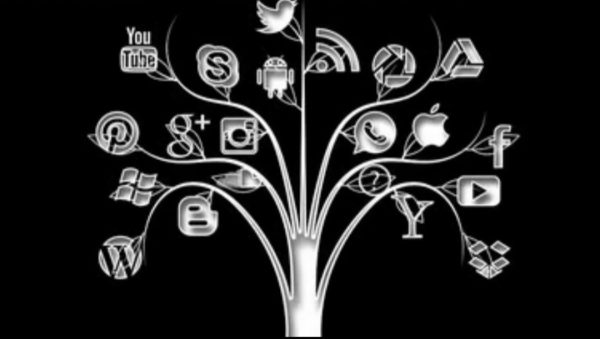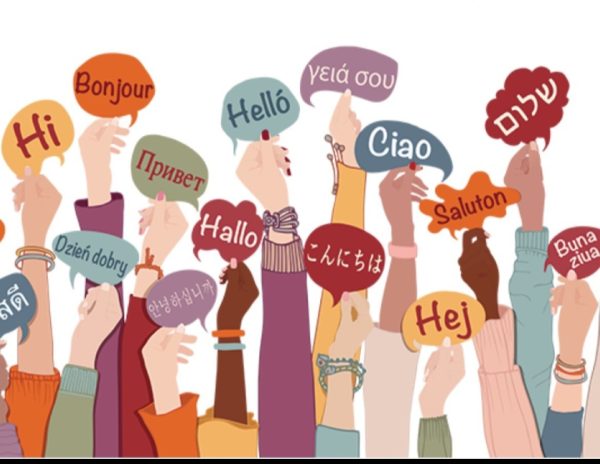The Internet needs to be regulated
According to a 2018 study done from Javelin fraud and research, there were 16.7 million victims of identity fraud in the last year alone, and more than $17 billion was stolen collectively from these individuals.
In today’s fast paced multimedia and digital age, the internet is something familiar to all of society. It is a huge bank of data that most of society uses as its go-to medium for almost anything.
But, in recent years, propositions such as the Stop Online Piracy Act (2012) and Protect IP Act (2012) have sparked debate on exactly how much this revolutionary platform should be regulated. While some contend that it would prove to be counterproductive or that it is not possible, the need and benefits of internet regulation are undeniable, as fears for security risks, terrorist and extremist content, and highly sensitive material are freely floating in a concerningly accessible environment.
Most disturbingly, terrorists use the internet as their main medium for making contact and spreading their beliefs with their propaganda. According to researcher Mubaraz Ahmed from the Tony Blair Institute for Global Change, “more than 484,000 Google searches take place globally using keywords that return results dominated by extremist material.”
What is more disturbing is that legally, there is nothing stopping these searches or influences from going unchallenged. In the United Kingdom, a new border security bill has been passed making it illegal to view terrorist-related online material three or more times, with possible repercussions of up to 15 years in jail. This penalty is unjust.
Aren’t the technology companies or regulatory and intelligence agencies the culprit as well, for not monitoring and eliminating these influences or creating some sort of system for other internet users to find and report these extremist influences? The existing power and influence of the United States government and agencies around the world is to regulate such media and information is unclear, and clearly defining what is considered extreme and what capabilities the government has to fix or regulate extreme content is the first step towards having a successful internet regulation system.
Child pornography continues to be a problematic industry regarding the internet due to the sick mind of absent-conscious individuals and limited government action in monitoring and eliminating these atrocities. Child pornography can surface from any hidden facet of the internet, abusing the children involved and corrupting others, possibly even other children.
Regulating such content not only with government agencies but also with technological and other independent companies would prove to be a major contribution for stopping these obscenities from surfacing and being distributed.
Another aspect of the mass media that not only affects the magnitude of sensitive content on the internet but also the overall livelihood and well being of individuals is cybercrime, particularly regarding identity theft.
According to a 2018 study done from Javelin fraud and research, there were 16.7 million victims of identity fraud in the last year alone, and more than $17 billion was stolen collectively from these individuals. Fraud and other defamatory actions can spread very rapidly throughout the internet, but if more regulatory policy was passed, then individuals and other businesses would more likely be protected with stiffer laws. This would most likely be done through the cease of Email spamming that often contains damaging content such as malware, among other security and safety measures.
Internet regulation is key and necessary towards guaranteeing a safe and secure environment for ourselves and our posterity. Human dependence and function on the internet is only bound to expand as new technologies and other industries develop.
Do we really want to risk our children viewing derogatory and detrimental influences whenever they go for a simple Google search? The internet should be a safe and expansive resource for information and entertainment.
No one deserves to be abused through child pornography, or be exposed to sick extremist propaganda, or have their identity and life taken as a result of using what was designed to be an innocent and safe source of information and entertainment.
The Internet needs to be regulated.






